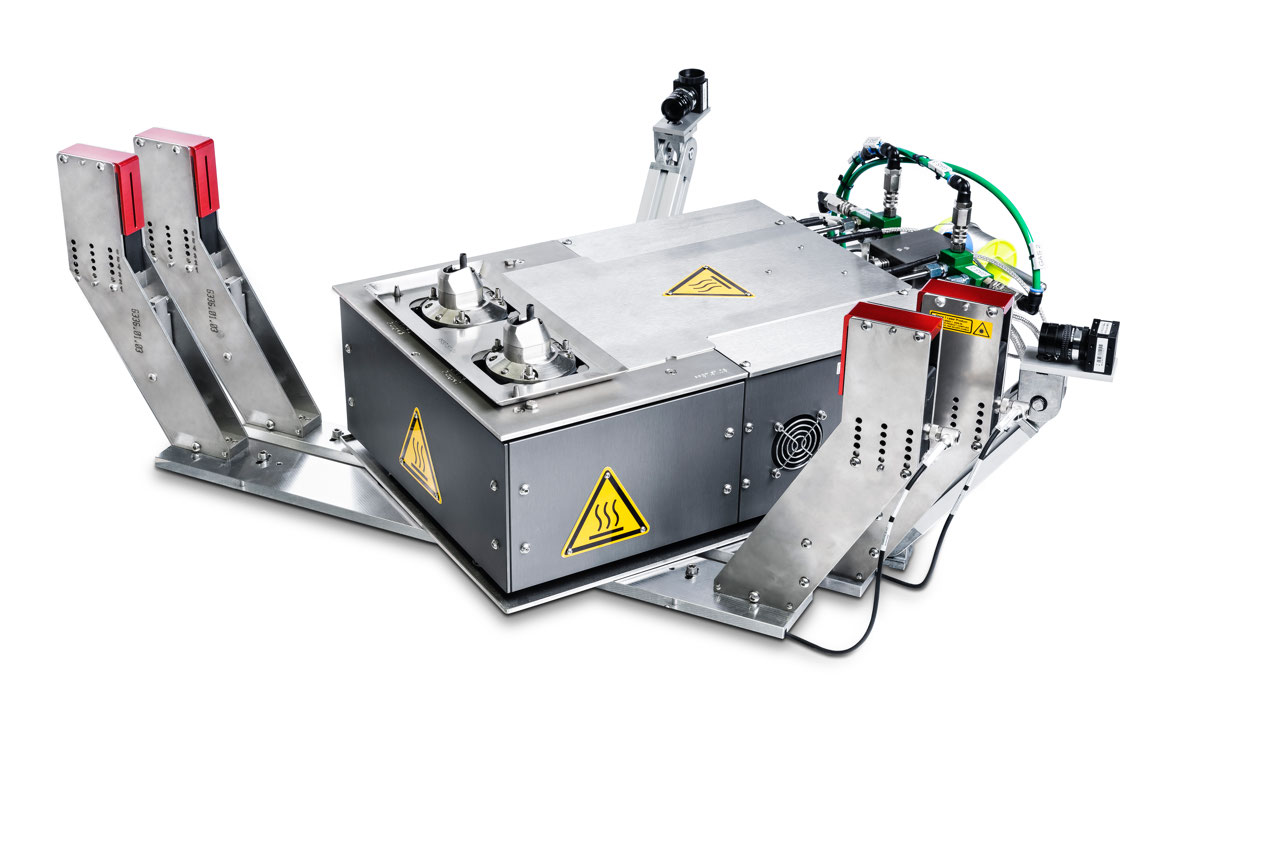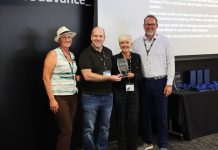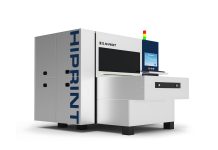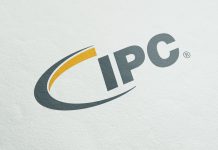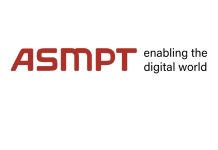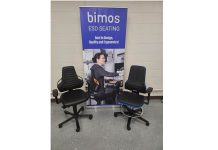Eutect GmbH will present its mini wave soldering module and the new SRS soldering module at SMTconnect 2022 in Nuremberg from 10 – 12 May 2022. The mini wave soldering module can also be used for THT soldering as well as the high temperature soldering process for enamelled copper wire processing. The selective mini solder wave with its inert gas atmosphere guarantees a soldering process free of oxides and residues. The company will also present the SRS (Sustained Ring Soldering) process, which was introduced in 2021. This enables cycle-time-optimised, highly accurate and economically sustainable assembly soldering thanks to prefabricated solder rings.
“For us, sustainability has many aspects. On the one hand, we are concerned with saving resources, but also with economic sustainability,” explains Matthias Fehrenbach, Managing Director of Eutect GmbH. For example, in enamelled copper wire processing, where the mini wave is used, a continuously pumped solder wave can contribute to a homogeneous, circulating solder melt transferred to the surfaces to be soldered in the high-temperature variant. Coated enamelled copper wires can be thermally soldered in one step with the specific selective mini wave soldering process of the Swabian specialist, without additional removal of the insulation.
An important part of this is the specific process knowledge of the Eutect employees who, for example, have developed a high-temperature soldering module for enamelled copper wire processing that can be used at temperatures of up to 475°C and works reliably with static or flowing solder melt. In order to achieve a high tin-plating quality of the enamelled copper wires, despite copper alloys or leaching, the stripping is defined in a process-friendly and product-specific manner via the static or flowing solder melt and the exact temperature time curve. In addition, solders with additional alloys counteract various negative effects, for example, by reducing wire alloying, solder oxide formation and solder contamination and protecting the soldering system. “In this way, we achieve economic sustainability that saves costs and resources,” Fehrenbach continues.
During the development of the mini wave soldering modules, attention was paid to ensuring that they work consistently reliable even in the high temperature range. The surfaces that come into contact with hot solder are completely protected by a special coating, both in the static and in the flowing solder melt. Furthermore, an induction solder pump has also been developed for this application, which is free of moving parts. Eutect’s mini wave soldering modules are equipped with specially programmed algorithms, with associated process control and redundant monitoring of the solder melting temperature. They have a monitored gassing concept that forms a nitrogen protective gas bell over the solder process surface. An automatically height-adjustable solder wave and a specially developed Eutect HMI for visual control of the solder modules enable easily implantable, reproducible soldering results. All process data is recorded and tracked by the systems.
For both THT soldering and enamelled copper wire processing, the mini wave modules are thus ideal process modules that enable reliably reproducible work processes. By using the flowing solder wave, the solder joint is cleaned of excess flux residues, oxides and contamination, resulting in a stable solder joint. The modular solder tank sizes, together with the electromagnetically operating solder pump system and the quick-change solder nozzles, form the process basis of the IW1 and IW 1-2. mini wave soldering modules. The IW1-2 is a dual nozzle module. The redundant temperature control, the constant solder bath level, the optional solder wave height control and the continuous solder wire tracking guarantee the user maximum system autonomy.
The solder joint is physically self-adjusting due to the capillary filling degree solder saturation. In the process, the optimal solder geometry is mapped reliably to the pad-pinform, pin-hole position and thermal mass distributions in the PCB structure. Solder penetrations, menisci and intermetallic phase characteristics round off the overall performance in a reproducible manner. Individual nozzle geometries tailored to the customer’s product lead to a further increase in the efficiency of the soldering process, guarantee a stable connection between component and substrate and minimise the risk of solder beads.
Furthermore, Eutect presents the SRS soldering process. Using the new SRS module, pre-assembled solder rings can be placed on and around THT pins and then melted by means of laser, piston or induction soldering processes, as well as by means of IR emitters, hot air or thermodes. The fully automatic ring production device is suitable for the production of specific solder rings from commercially available solder wires, with or without flux core. Depending on the diameter of the tool, different solder wires with specific ring diameters can be bent. The solder rings produced in this way can be positioned manually, with the aid of special tweezers and magazine dispensers, or automatically by means of special picks & place handling on the solder joints to be soldered or over the plated-through pins.
High-precision SRS soldering is extremely sustainable, as the solder volume can be cut precisely. Due to the wire thickness as well as the defined wire lengths, a reproducible solder volume is always provided. This is especially crucial for manual soldering, as this is where the highest inaccuracy exists in terms of solder quantity and flux. This optimises the entire soldering process, whether manual or automatic, as sources of error are eliminated, rejects are reduced and process accuracy is increased. The energy required for melting can also be defined even more precisely due to the exact solder and flux volume of the solder ring. This results in further savings through reduced energy requirements for high series production volumes.
Interested parties will find Eutect in Hall A4, booth 335.
About EUTECT
For over 25 years, soldering and joining systems have been developed, manufactured, installed, and programmed at EUTECT as well as at customers operating worldwide. The Swabian team of experts offers an extensive, constantly evolving module construction kit for process solutions in the field of soldering.
Process-related and commercially optimal modules for the task description will be selected from a wide variety of soldering-technology process modules and combined into proven stand-alone, revolving, or inline production designs for complete solutions.
The EUTECT module construction kit shows that a slim, individual solution comprising proven building blocks for a customer product’s task description can often be achieved via individual modules or free combinations.
A technologically comprehensive, innovative EUTECT technical center is available for optimal solution through evaluation or the manufacture of A-B-C prototypes ready for serial production.
More information: eutect.de/en/


